Antivirus Software For Small Businesses
A quality antivirus program will protect against malware infections and eliminate existing threats or attacks against individual computer devices, networks or even entire IT systems. The antivirus programs scan websites, software, files, as well as user data for known malware types and monitor day-to-day program behavior to detect potential threats and alert users.
The majority of antivirus protections provide a variety of scanning methods that include scheduled, speedy and on-access scans. On-access scans search for malicious code within the directories of the operating system, common file areas, and other locations that are commonly used upon startup. Scheduled scans allow you to set a daily timetable, a weekly schedule or a monthly one to run a full system scan at an agreed upon time. The scans are usually quick and last a few moments and will look at the most frequently utilized areas of your computer, including temporary files or the directory of your operating system.
Some programs use heuristics in order to detect malware, searching for patterns and tendencies that are similar to those found in other programs. This is a much more advanced method of virus detection as compared to signature-based detection and may detect malware that other programs do not. These advanced forms of antivirus detection may not work as well for small businesses, as they are often prone to false positives–identifying secure parts of files and programs as potentially harmful.
As the business world becomes more interconnected hackers are targeting businesses more frequently to score caches of consumer data or difference between norton and avast to create an image for themselves through hacktivism (disrupting professional systems due to social or political reasons). All businesses must have antivirus protection to guard them from cyberattacks.
